Where: @ SRB MPR
When: January 29th
Time: 7:00pm – 10:00pm
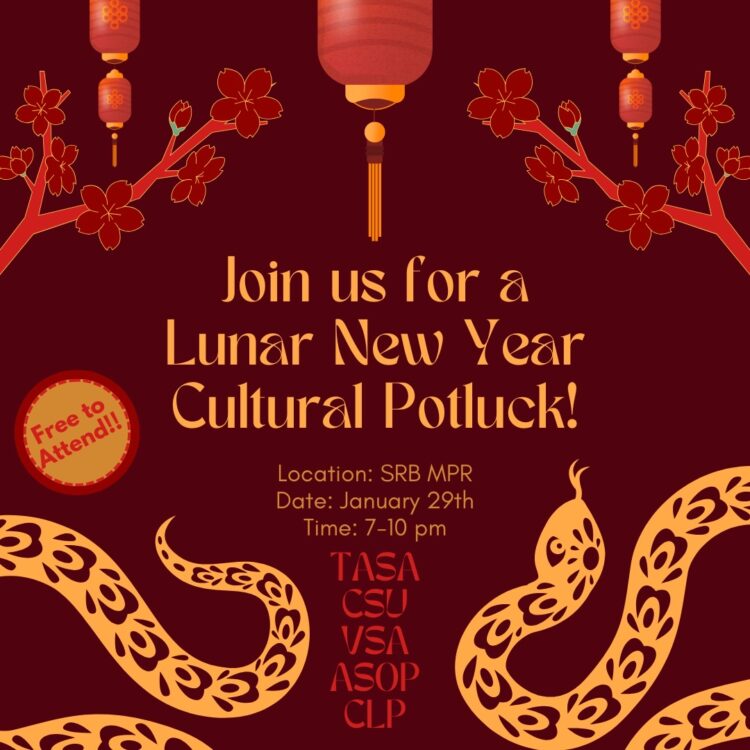
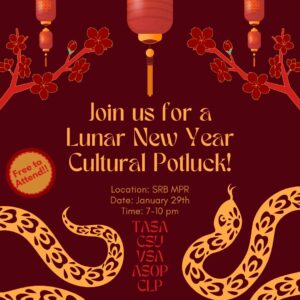
Where: @ SRB MPR
When: January 29th
Time: 7:00pm – 10:00pm


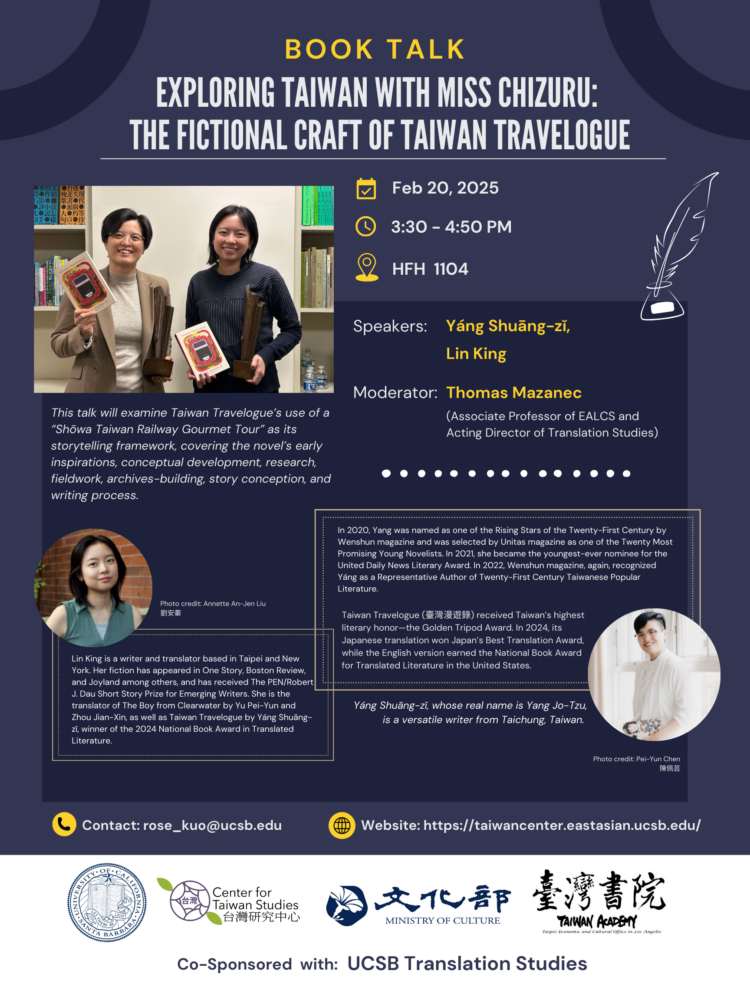
Date: February 20, 2025
Time: 3:30–4:50pm
Location: Harold Frank Hall 1104
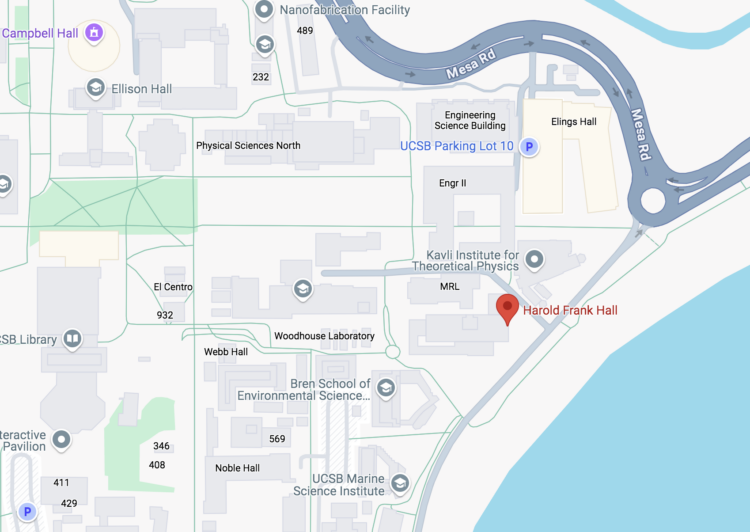
Description:
How can a Taiwanese novel incorporate historical materials from its decades under
Japanese colonial rule? How does two women’s travelogue become a work of fiction?
This talk will examine Taiwan Travelogue’s use of a “Shōwa Taiwan Railway
Gourmet Tour” as its storytelling framework, covering the novel’s early inspirations,
conceptual development, research, fieldwork, archives-building, story conception, and
writing process.
How can historical documents from the Japanese colonial period be material for novel
writing? How do women’s travels in history become the subject of fictional
storytelling? Using Taiwan Travelogue as an example, this lecture will cover the
journey of creating the “Shōwa period Taiwan Railway Gourmet Tour,” from initial
inspiration, concept development, research, and fieldwork to organization, story
structure, and the final writing process.
The Author: Yáng Shuang-zi
Yáng Shuāng-zǐ, whose real name is Yang Jo-Tzu, is a versatile writer from Taichung,
Taiwan. She dabbles in various forms, including fiction, essays, manga scripts, and
literary criticism.
In 2020, she was named one of the Rising Stars of the Twenty-First Century by
Wenshun magazine and was selected by Unitas magazine as one of the Twenty Most
Promising Young Novelists. In 2021, she became the youngest-ever nominee for the
United Daily News Literary Award. In 2022, Wenshun magazine again recognized
Yáng as a Representative Author of Twenty-First Century Taiwanese Popular
Literature.
Her notable works include the novel The Season When Flowers Bloom (花開時節) in
2017, the short story collection Blossoming Girls of Gorgeous Island (花開少女華麗
島) in 2018, and the novel Taiwan Travelogue (臺灣漫遊錄) in 2020. Taiwan
Travelogue received Taiwan’s highest literary honor—the Golden Tripod Award. In
2024, its Japanese translation won Japan’s Best Translation Award, while the English
version earned the National Book Award for Translated Literature in the United
States.

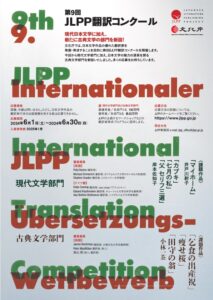
Professor William Fleming’s translation of excerpts of a poetic travelogue by Kobayashi Issa (1763–1828) won second prize in the Japanese Literature Publishing Project’s (JLPP) 9th International Translation Competition.
https://www.jlpp.go.jp/competition9/index_en.html
https://www.jlpp.go.jp/competition9/pdf/works/William%20Fleming.pdf
Congratulations, Prof. Fleming!
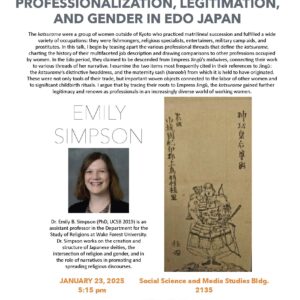
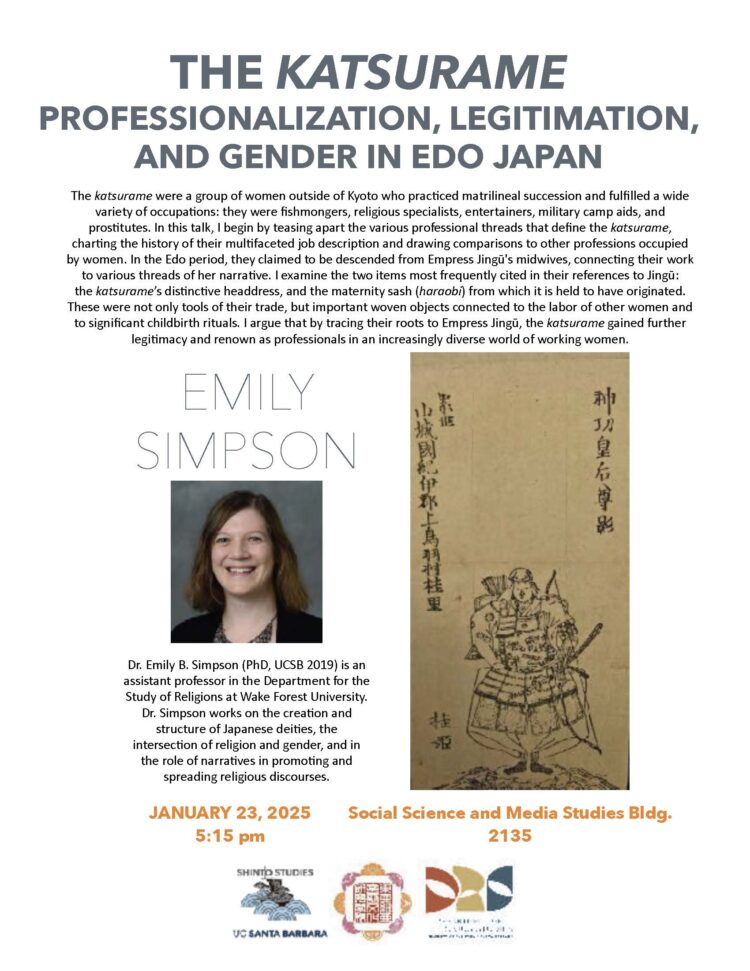
Join us as we welcome EALCS alumna Emily Simpson (now at Wake Forest) to deliver a talk on her research, “The Katsurame: Professionalization, Legitimation, and Gender in Edo Japan” on January 23, 2025, 5:15pm, in SSMS 2135. Please see the poster for further details.

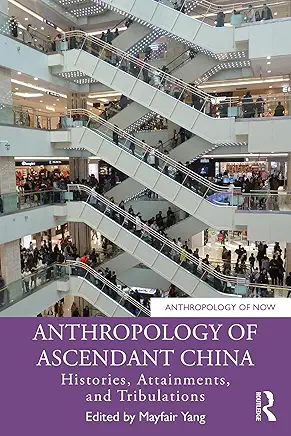
We are pleased to announce that EALCS professor Mayfair Yang has published a new edited volume, titled Anthropology of Ascendant China: Histories, Attainments, and Tribulations (Routledge, 2024). Please visit the book’s website for more details.
Additionally, Prof. Yang was recently elected President of the Society for Anthropology of Religion (SAR), a Section of the American Anthropological Association. Congratulations!


We’re forwarding information about a new reading group initiative, “The Archives & Bodies Reading Group.” It critically examines and reimagines the roles archives play in humanities research and explores intersections between archival practices, embodiment, and marginalized histories – topics that may be of interest to many in our research community. It is part of an event series organized by the Collective for Archival Research of Embodiment (CARE), a UC-wide multicampus graduate student working group, which includes our colleagues Yiming, Uudam (RG ST), Diandian (MUSIC), Tinghao (FAMST), and other UC grad students. Other CARE events include archival writing workshops and an end-of-year performative exhibition. For more information, please take a look at the attached flyer and reach out to the contact people.
The inaugural session details are below:
Theme: “Mnemonic Bodies: Affective Archives, Memory, and Care”
Date&Time: Saturday, November 9, 6:30 PM (PST)
Platform: Zoom
Reading Materials:
Registration: https://tinyurl.
Access to readings: https://tinyurl.com/
This open-to-all reading group is organized by the Collective for Archival Research of Embodiment (CARE), a UC-wide graduate student working group. It’s sponsored by the UC Humanities Research Institute, the Interdisciplinary Humanities Center, and the Department of East Asian Languages and Cultural Studies at UCSB.
For questions, please contact: Yiming Ma (UCSB): yimingma@ucsb.edu; Tianyun Hua (UCD): tyhua@ucdavis.edu